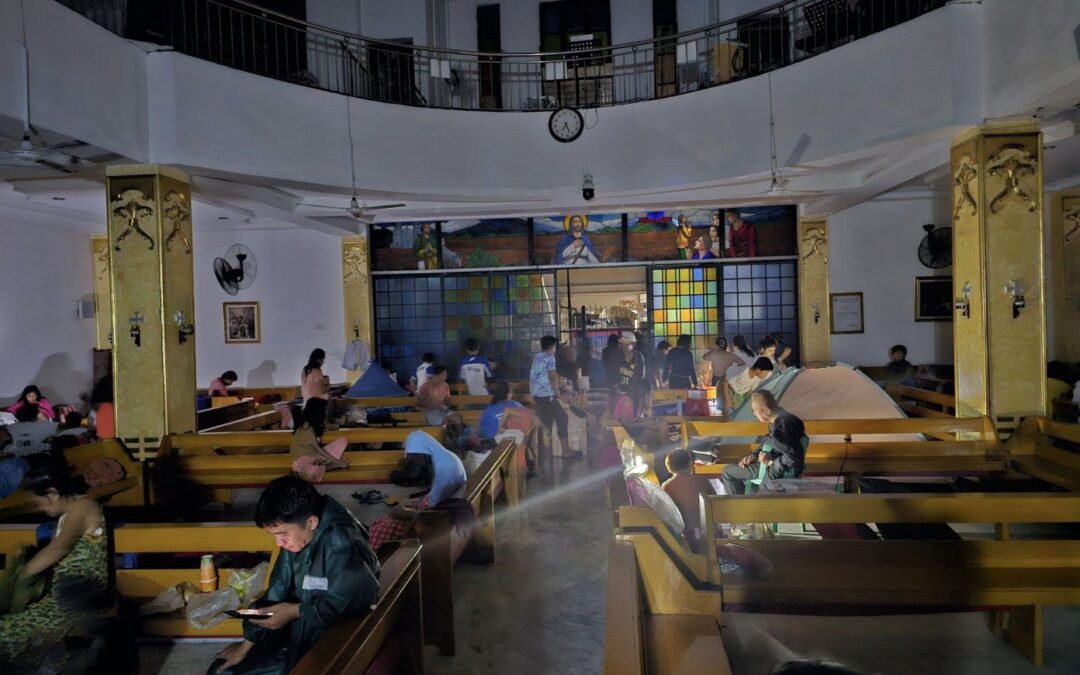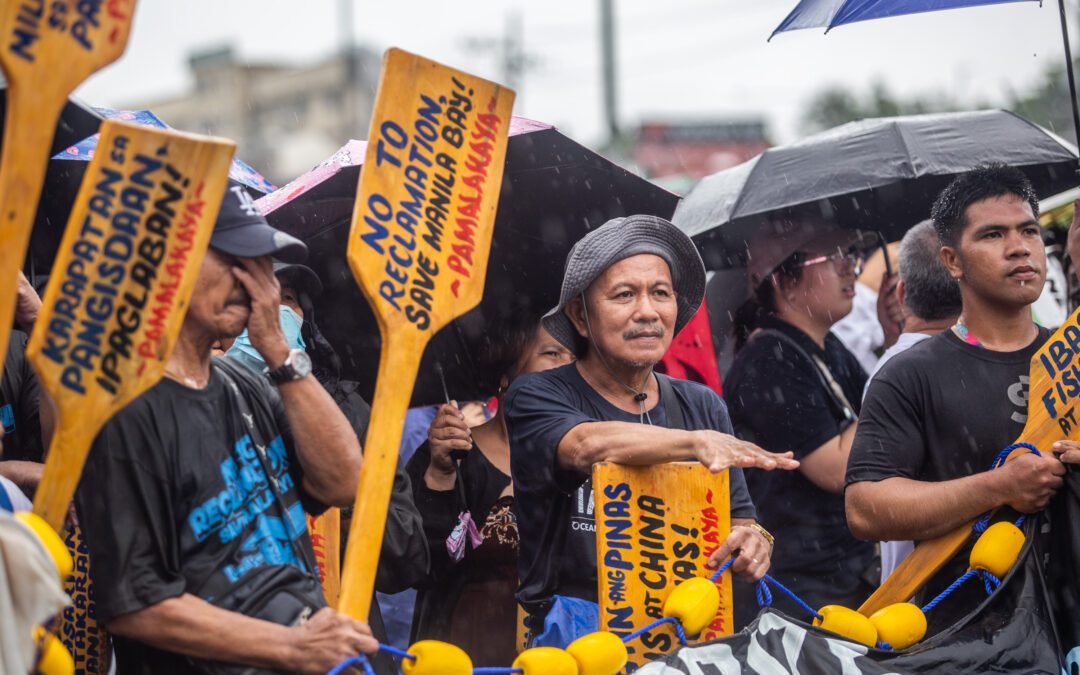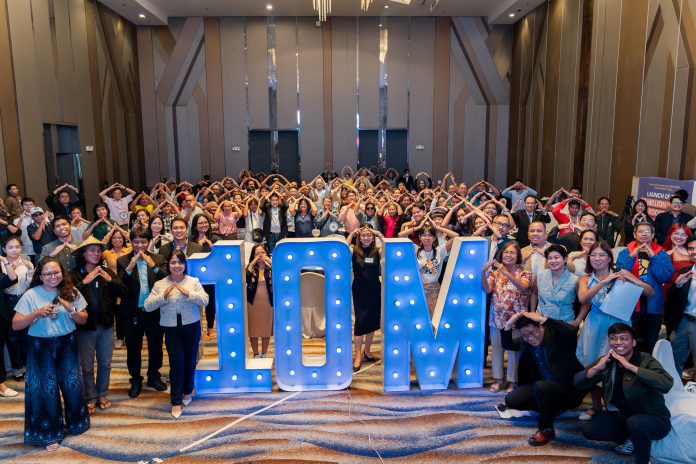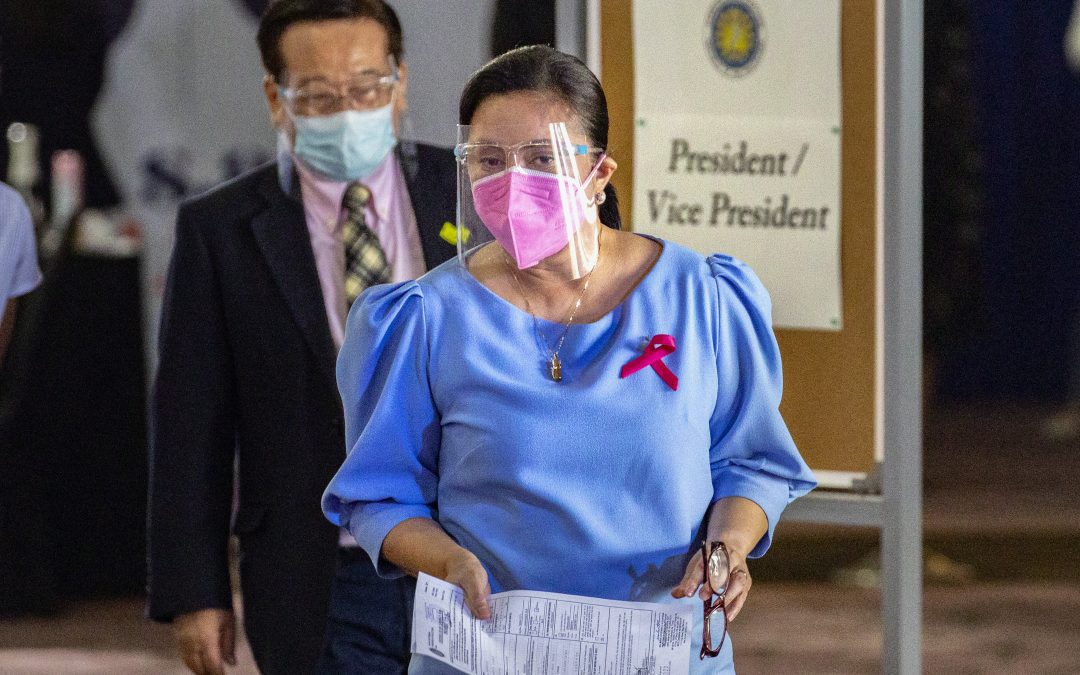The crucial role of small-scale artisanal fisherfolk in strengthening resilience and implementing effective fisheries is highlighted in a new report as part of the continuing celebration of the International Year of Artisanal Fisheries and Aquaculture (IYAFA).
The United Nations General Assembly has declared 2022 the International Year of Artisanal Fisheries and Aquaculture (IYAFA 2022). IYAFA acts as a springboard towards achieving the Sustainable Development Goals (SDG) by 2030, in particular SDG 14. b or the “degree of application of a legal/regulatory / policy /institutional framework which recognizes and protects access rights for small-scale fisheries.”
“It is important to highlight the role of artisanal fishers especially in protecting resources and in food security. We are the primary front liners in conserving our resources. The sea is our life, and our source of food and livelihood, and we are also the most affected in times of calamities or disasters. It’s important to celebrate IYAFA to recognize the role of municipal fishers and their contribution to managing and protecting our resources, especially in municipal waters. It shows that we, the artisanal fishers, are important too,” said Roberto “Ka Dodoy” Ballon, fisherfolk leader and Ramon Magsaysay Awardee.
The Bureau of Fisheries and Aquatic Resources (BFAR), Food and Agriculture Organization of the United Nations (UNFAO), and Rare Philippines launched the ‘Report on the Status of Artisanal Fisheries in the Philippines’ in celebration of the National Fisherfolks’ Day and IYAFA 2022.
According to the report, more than 80 percent of the two million active fishers in the country can be classified as small-scale fisherfolk, reflective of the big contribution that small-scale fisheries bring to food security, sustainable livelihoods, and poverty alleviation.
“The celebration of IYAFA is timely and relevant. It is timely as we strive to implement fisheries management measures with participation from the local producers such as the municipal and artisanal fisherfolk. It is relevant as we continue to face the wicked problems of overfishing, climate change, and illegal, unreported, and unregulated fishing (IUUF),” said Dennis Calvan, Director of Policy and Government Engagement of Rare Philippines.
Five of the seven pillars of the Global Action Plan of IYAFA were prioritized in evaluating Philippine data which included coastal environment, social conditions, economic conditions, participatory governance, and resilience. The pillars provided evidence-based information and clarified the socio-economic, political, and environmental conditions and issues surrounding small-scale fishers’ lives and livelihoods.
“Municipal and artisanal fisheries remain to be the backbone of the Philippine fishing industry. The Report on the Artisanal Fisheries will hopefully guide national government agencies and local government units to provide support so it can remain on the backbone in the next years to come,” added Calvan.
A Local Learning Exchange program was also organized as part of the IYAFA celebration, to foster meaningful involvement and participation of small-scale fishers in governance and management decisions, and to build stronger collaboration with local government units. It also links coastal local government units with other communities, national government agencies, and the academe to develop stronger collaboration on fisheries management.
“Initiatives like the local Learning Exchange are important in strengthening resilience and effective fisheries management because it provides an opportunity to connect our local actions with other LGUs and other communities and to be able to exchange knowledge with them, share insights on how we surpassed the challenges and gained lessons from it, and scale best practices, especially on policies, special laws, and programs to the municipal, regional and national programs that will advance fisheries management. This is also an opportunity to collaborate with other LGUs and for them to find inspiration in our stories especially coming from a small rural municipality,” said Mayor Mary Jean Teh, Municipality of Libertad Province of Antique.






0 Comments